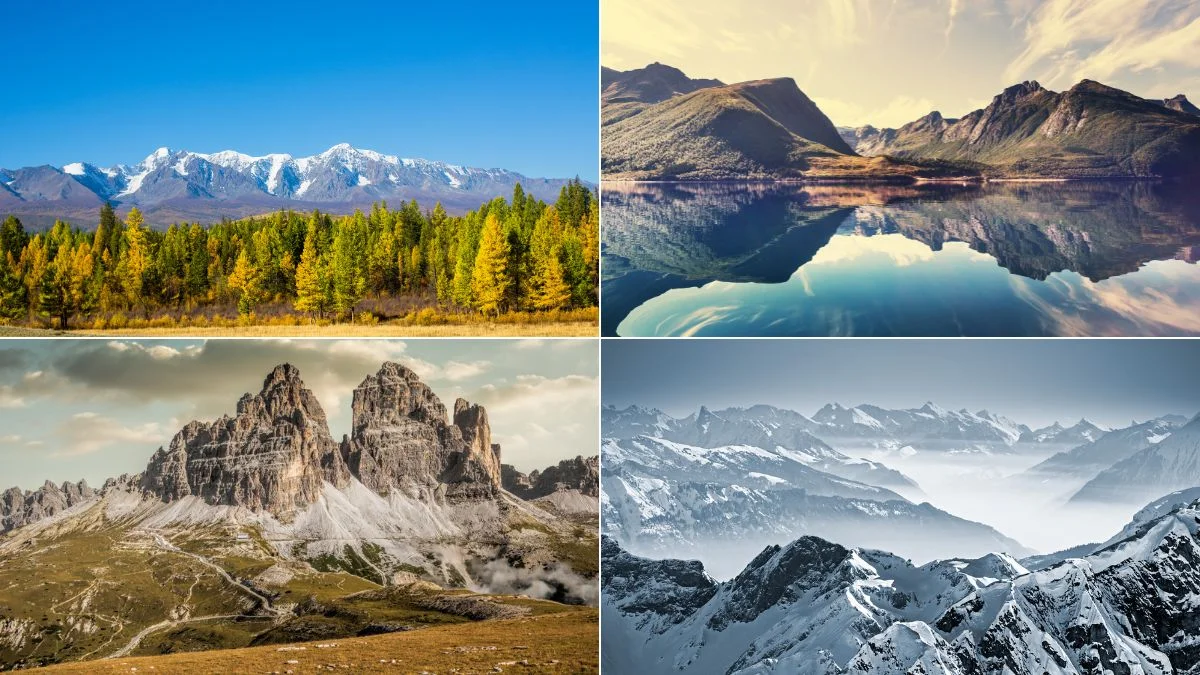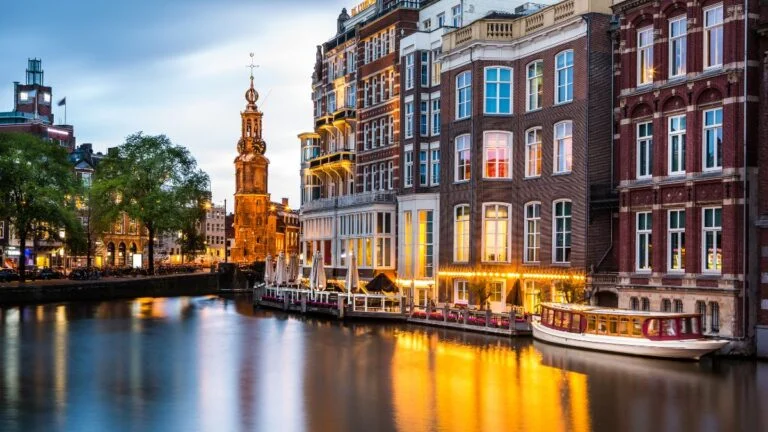5 European Countries with the Most Mountains

As participants in Amazon Associates and other programs, we earn from qualifying purchases. This comes at no additional cost to you. For more details, see our Affiliate Disclosure.
Europe, a continent renowned for its diverse landscapes, holds within its boundaries some of the most spectacular mountain ranges in the world. From the snow-capped peaks of the Alps to the rugged terrain of the Balkans, mountains play a pivotal role in the geography, culture, and history of Europe. This article takes you on a journey through five European countries that boast the most mountains, exploring the natural beauty and unique characteristics that each of these mountainous nations offers. Whether you’re an avid hiker, a nature enthusiast, or simply someone who appreciates stunning landscapes, these countries promise an unforgettable experience with their towering peaks and scenic vistas.
Russia (European Part)

Russia, the largest country in the world, extends over a vast area that straddles both Europe and Asia. The European part of Russia, while less extensive than its Asian counterpart, boasts impressive mountain ranges such as the Ural Mountains. These mountains serve as a natural divide between Europe and Asia and are rich in diverse landscapes, stretching over 2,500 kilometers. The Urals, encompassing the Northern, Middle, and Southern sections, offer a range of experiences from arctic tundra to dense forests. Additionally, the western parts of the Caucasus Mountains extend into European Russia, featuring some of Europe’s highest peaks, including Mount Elbrus, a dormant volcano and the highest mountain in Europe.
Norway

Norway’s landscape is defined by the Scandinavian Mountains, a rugged backbone that extends the length of the country. These mountains, with their striking fjords and high plateaus, offer a unique blend of maritime and alpine environments. Among them, the Jotunheimen range is particularly famous, housing some of the highest peaks in Northern Europe, including Galdhøpiggen and Glittertind.
Norway’s mountains are not just a natural wonder but also a cultural symbol, deeply intertwined with Norse mythology and folklore. They provide a playground for outdoor enthusiasts, offering activities such as hiking, skiing, and mountaineering.
Spain

Spain’s topography is surprisingly mountainous, with ranges such as the Pyrenees and the Sierra Nevada standing out. The Pyrenees, forming a natural border with France, are renowned for their rugged peaks and deep valleys. The Sierra Nevada in southern Spain boasts the highest point in continental Spain, Mulhacén, which is a part of the Penibaetic System. These mountains are not just about height but also about diversity, hosting unique ecosystems and a wealth of flora and fauna. They play a significant role in Spanish culture and history, evident in the architecture, traditions, and stories of the regions.
Italy

Italy’s landscape is famously punctuated by two major mountain ranges: the Alps in the north and the Apennines, which run along the length of the peninsula. The Italian Alps, home to the famous Dolomites, are known for their stunning beauty and are a popular destination for winter sports and hiking.
The Apennines, less rugged but equally charming, stretch from the north all the way to the southern tip of the peninsula. These mountains have shaped Italian culture, cuisine, and lifestyle, and are home to a diverse array of wildlife and natural parks.
Switzerland

Switzerland is synonymous with mountains, with the Alps covering a significant part of its territory. The Swiss Alps are home to some of the most famous peaks in the world, such as the Matterhorn and Eiger. These mountains are not just scenic; they are central to Swiss identity and way of life. The Alps provide opportunities for skiing, snowboarding, and hiking, making Switzerland a year-round destination for outdoor enthusiasts. The Swiss mountains are also known for their sustainable and picturesque villages, which blend seamlessly with the natural landscape.






